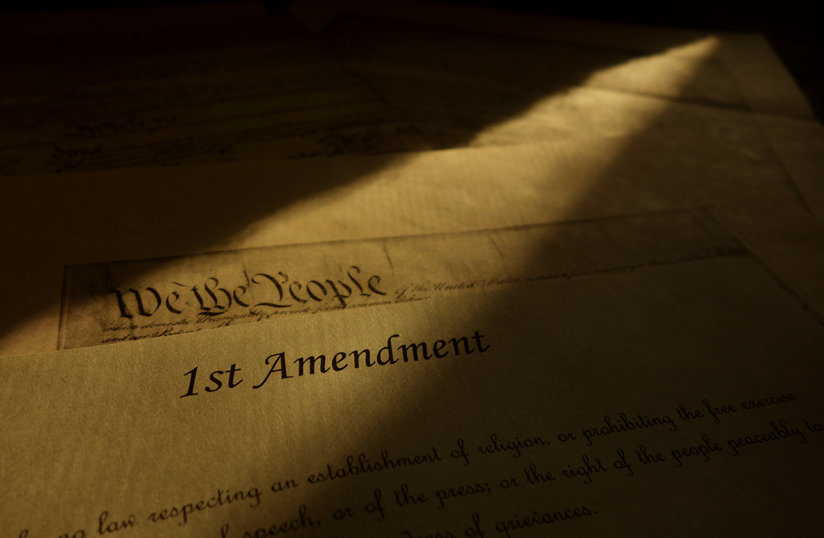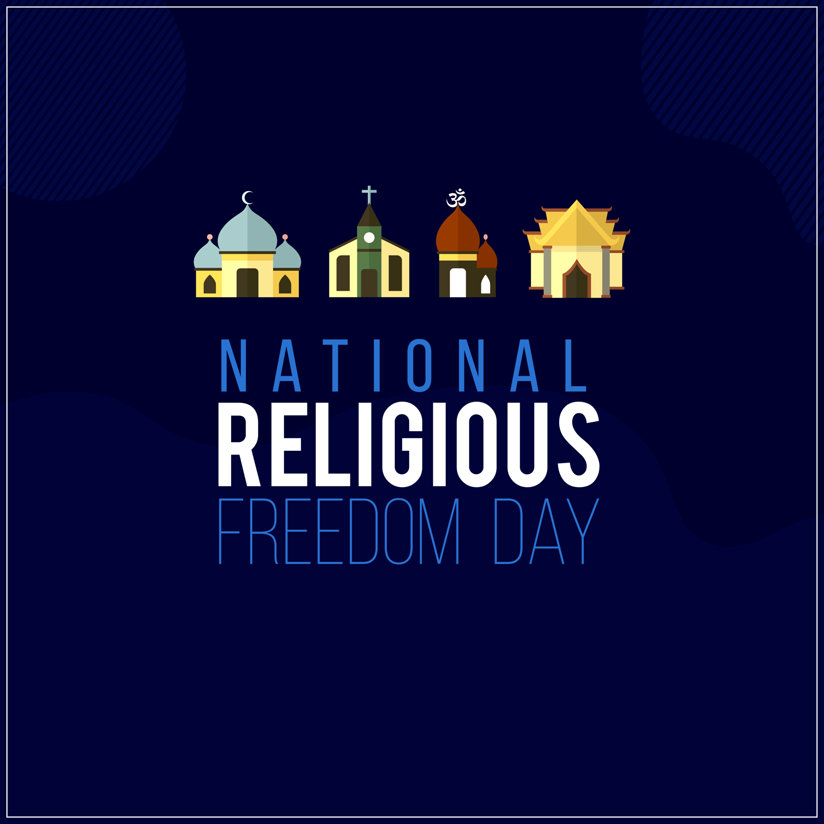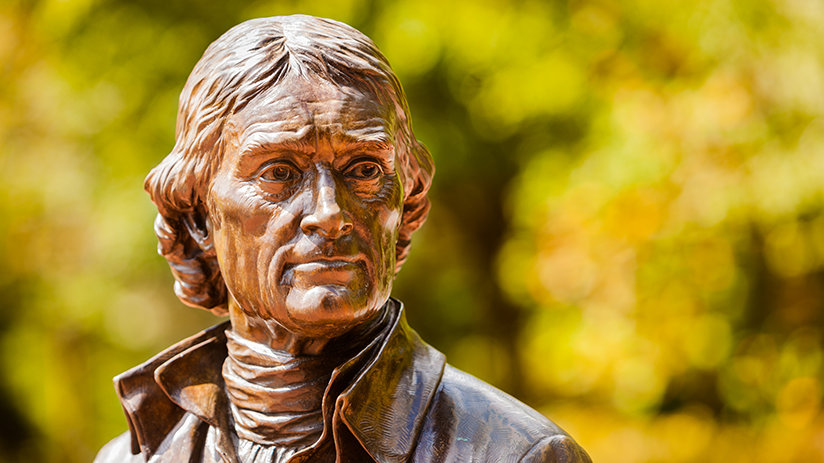
-
HOME
-
WHAT IS STANDOur Mission Our Values Our Help Contact
-
WHAT WE FIGHT FORReligious Freedom Religious Literacy Equality & Human Rights Inclusion & Respect Free Speech Responsible Journalism Corporate Accountability
-
RESOURCESExpert Studies Landmark Decisions White Papers FAQs David Miscavige Religious Freedom Resource Center Freedom of Religion & Human Rights Topic Index Priest-Penitent Privilege Islamophobia
-
HATE MONITORBiased Media Propagandists Hatemongers False Experts Hate Monitor Blog
-
NEWSROOMNews Media Watch Videos Blog
-
TAKE ACTIONCombat Hate & Discrimination Champion Freedom of Religion Demand Accountability
What We Celebrate Each January 16 for Religious Freedom Day
The settlers who forged a civilization in the wilderness of America had come, for the most part, from England. Rather than emulate the English monarchy, they rejected it and many of its most evil trappings. High on their list was its state control of religious belief.

Since 1534, when Henry VIII established the Church of England, the battle for control of the souls of Englishmen had cost hundreds of thousands of British lives. In the mid-16th century, Queen Mary (“Bloody Mary” as she was known) burnt 280 “heretics” at British stakes. A century later, 200,000 Englishmen lost their lives in the English civil (religious) wars. By the 18th century, Church leaders could and did imprison men for what we would consider the most minor of variations in belief and practice.
It is out of this toxic brew of state control and religious belief that some of our more enlightened forefathers vowed state neutrality in matters of religion. Some, but not all.
In 1784, Patrick Henry introduced into the Virginia legislature A Bill Establishing a Provision For Teachers of the Christian Religion. His bill proposed that a tax be levied on Virginia residents, to be used to support teachers of Christianity throughout Virginia. The bill would, in effect, make Christianity Virginia’s state religion.
It is out of this toxic brew of state control and religious belief that some of our more enlightened forefathers vowed state neutrality in matters of religion.
Thomas Jefferson, on the other hand, believed that state disentanglement from religion was vital for a government OF, BY, and FOR a free people, which is what he envisioned for the newly liberated America.
Seven years prior, he had introduced a bill before the Virginia legislature entitled An Act for Establishing Religious Freedom. It had gone nowhere. Now, in response to Henry’s attempted state control of religion, Jefferson’s Act was resurrected. It proclaimed, in part, that:
- State attempts to control religious belief would lead to “hypocrisy and meanness,” departures from the very religion that is being enforced;
- Legislators, themselves fallible, who attempted to impose their personal opinions on others would, in fact, perform a great disservice to the religions they were attempting to foster;
- “…our civil rights have no dependence on our religious opinions any more than our opinions in physics or geometry.”
Jefferson proposed state disentanglement from, and general freedom of, religious belief.
On January 16, 1786, Jefferson’s landmark act passed into law in the state of Virginia. It later become the model for the freedom of religion clause in the Bill of Rights.
This is what we celebrate each January 16th, Religious Freedom Day.

In the America where I grew up, religious liberty seemed to be a given. It is not. As recently as 2013, two Virginia state legislators introduced a bill to make Christianity their state’s official religion, and to exempt Virginia from federal laws, including the Bill of Rights. The bill was subsequently quashed, but a survey by the HuffPost showed that 34 percent of Americans were in favor of making Christianity their state religion.
And as recently as last November, a former government official proposed that “If we are going to have one nation under God, which we must, we have to have one religion. One nation under God and one religion under God.”
Religious freedom is not a given. The First Amendment, being words on paper, cannot defend against anything. It is only people—those who take those words and turn them into living, breathing ideas—that can make a difference.
Each January 16, we celebrate both those words and those who honor them. There are many. As a member of STAND, I am proud to be counted in their number.









